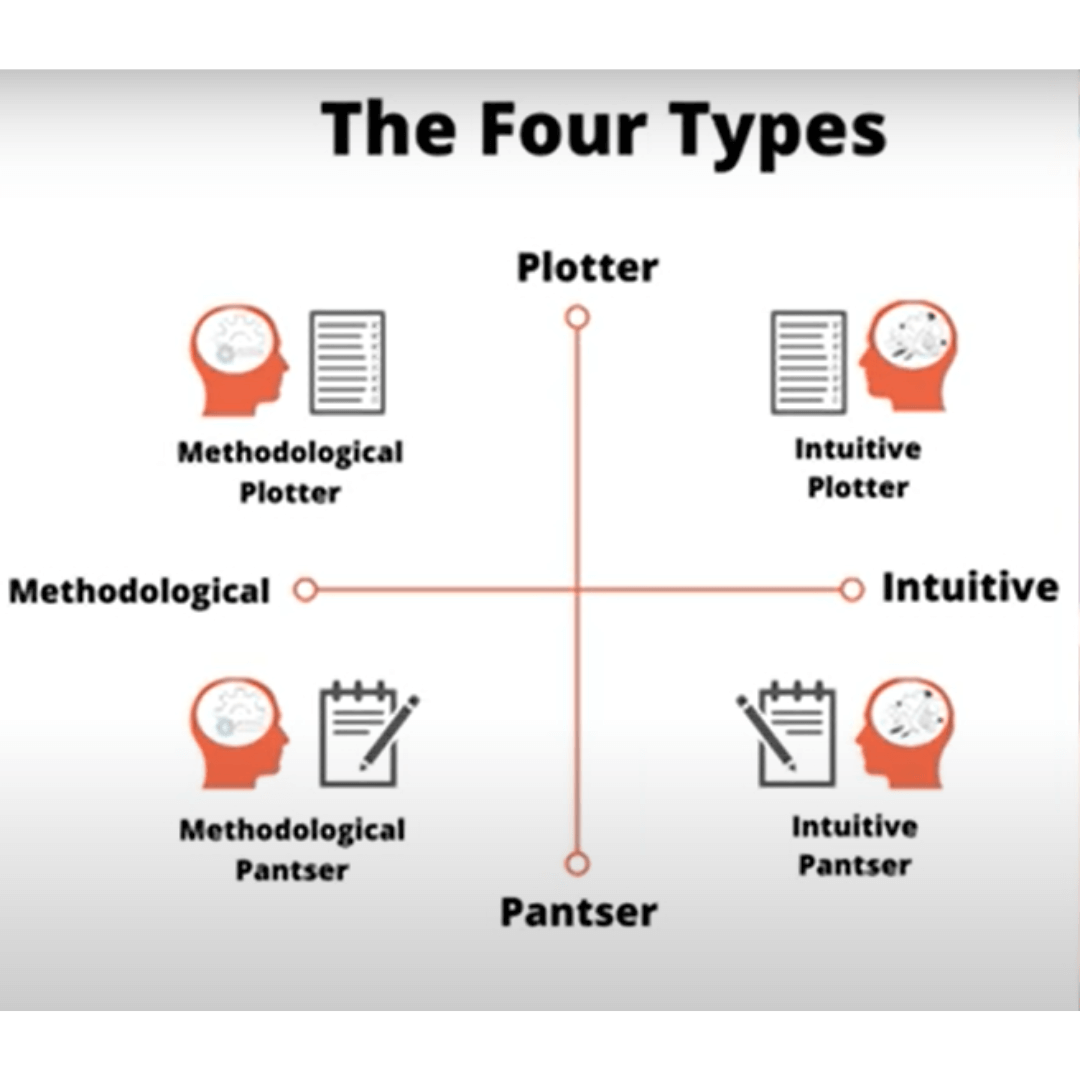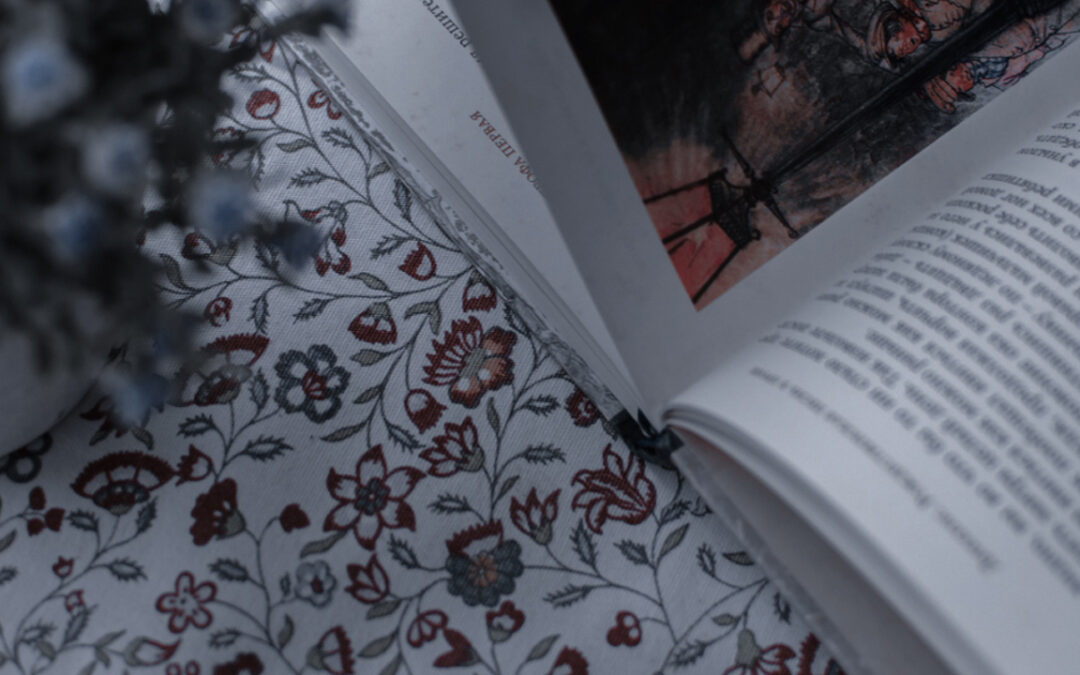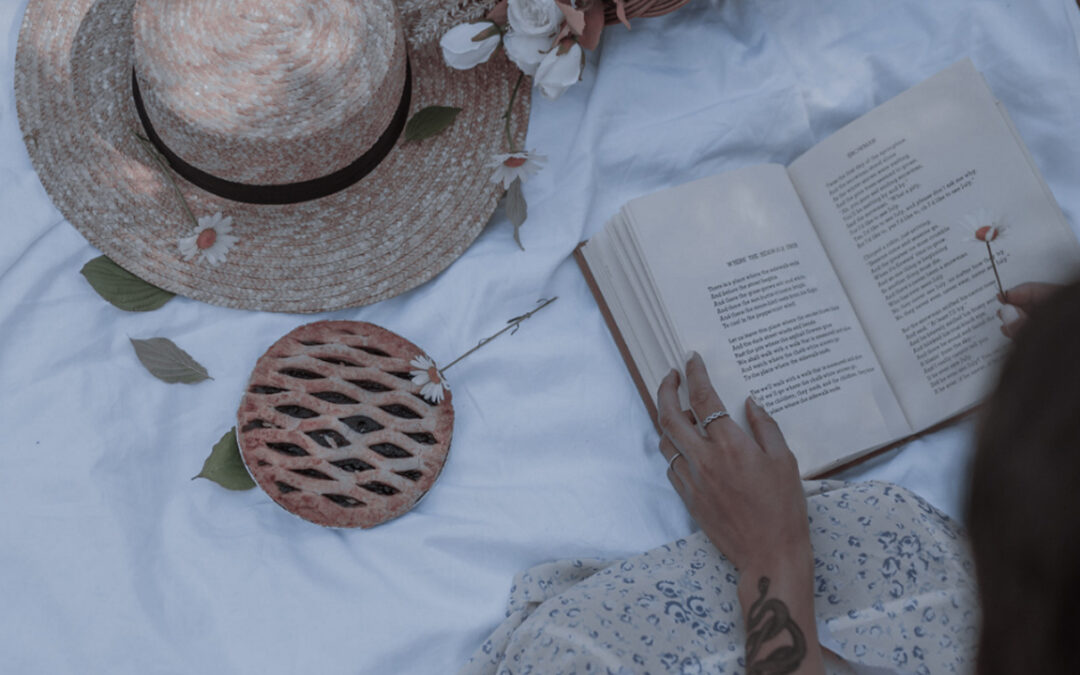Understanding your style as a writer can be incredibly helpful and reassuring (especially when we’re first learning how to write novels), but I want to preface this article by saying that these systems are not hard-and-fast rules. You should never feel forced to define yourself or your writing process, but as with all things, is merely a tool at our disposal. So, with that in mind, let’s discover the four writing types.
The Four Writing Types
Plotter vs Pantser
The vast majority of novel writers know the terms plotter (referring to someone that extensively plots and outlines pre-manuscript writing), pantser (also known as a discovery writer, this is someone who doesn’t, or lightly, outlines), and plantser (being someone that falls somewhere in between the two). Most of us know where we fall on this spectrum, but according to the professional editor, Ellen Brock, writing style fall within a two-continuum. Plotters and pantsers being on opposite ends of the y-axis and methodological and intuitive types being on the opposite ends of the x-axis. All writers will fall somewhere between all four of these types.

Methodological
Methodological is a writer who uses techniques, methods, structures, and theories to construct their stories. Whether they are plotters or pantsers, this type will often have extensive knowledge on theories and structures within literature and find it useful to breakdown character arcs, scenes structures, etc. in minute detail. And yes, this can still work if you are a pantser type, as methodological pantsers can discovery write and, simultaneously, in their minds intrinsically know that the story should follow particular methods/theories/structures.
Intuitive
Intuitive is a writer that allows their gut-feeling to lead their stories. This type will intuitively know if a story works before methods, structure, and theories are applied and find it helpful to use their intuition/gut-feeling to problem solve when issues surface. This type will often plan, outline, or write without consciousness of methods, concepts, or structures, but allow their creative inklings to take the reins, and because of their innate judgement, their stories will often fit naturally within structures, methods, etc. Again, just as the methodological type can be a plotter or pantser (or somewhere between), so too can the intuitive types.
Where do I fit on these two continuums?
Well, I first learnt about Ellen Brock’s four writing styles before I began outlining my debut novel, and I had a pretty good hunch that I was a) definitely an intuitive type and b) most likely a plotter, but wasn’t 100% sure as I’m definitely a pantser when it comes to my poetry writing. Now that I have outlined said debut, and working extensively through it, I am more aware of what type I am. I still believe that I am an intuitive plotter, but I’m not am not as set in stone. I believe I’m about 90% up the plotter scale and about 80% across the intuitive scale.
I have found that most of the time; I write freely, allowing my intuition (and my extensive outlines) to guide me through the process, but I also have the knowledge of scene/story structures/character arcs consciously in the back of my mind. Often times I will write a paragraph, scene, ideas, or whatever, and allow my creative “flow” to come out. Upon re-read, I’m usually shocked by how well it fits well within the concepts/structure/methods that I’ve learnt already. The downside to this, however, is that I occasionally second-guess myself and my intuition, wondering if it only appears to be good and naturally follows these structures and once I learn more, I will realise that, in fact, it doesn’t. I’m sure a lot of writers know this feeling.
However, even if that were the case, it is all a part of the writing journey. As an amateur; we are usually more confident in our abilities than we ought, and it is only through the process of learning, making mistakes, and learning some more, do we realise that we, in fact, know nothing. It is humbling and exciting to be in such a position; I think!
Throughout this writing process, I’ve embraced being the intuitive plotter that I am. It started with:
- A character that acquainted themself and didn’t leave, living rent free in my mind before I was able to give them a home.
- Then a few scenes, though distant at first, but after some research and a major plot breakthrough, it wove together nicely.
- And then came the PLOTTING: research, outline, research, outline (rinse and repeat).
Throughout this process, it is obvious that I get the most motivation through outlining /world-building in depth. Plotting helps me to break down each scene and is like having a physical roadmap throughout the writing process. I follow the route that I have planned for myself ,however, if I want to take a detour/explore a particular neighbourhood, I allow myself to do so and often find a few gems in doing so.
Some days are easier than others, but I try to do some writing each day and that helps me to stay on track.
Are you a potter/pantser or somewhere in between? Would you consider yourself intuitive/methodological? If you don’t know about potter/pantser or intuitive/methodological writing types, I highly recommend Ellen Brock’s video on YouTube about it. I found it useful in understanding my writing style better.


